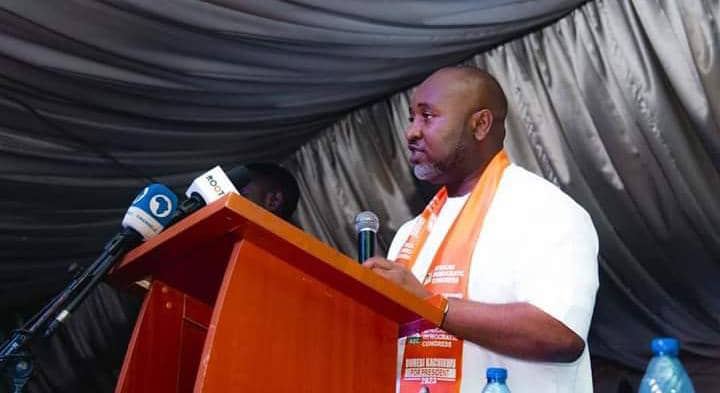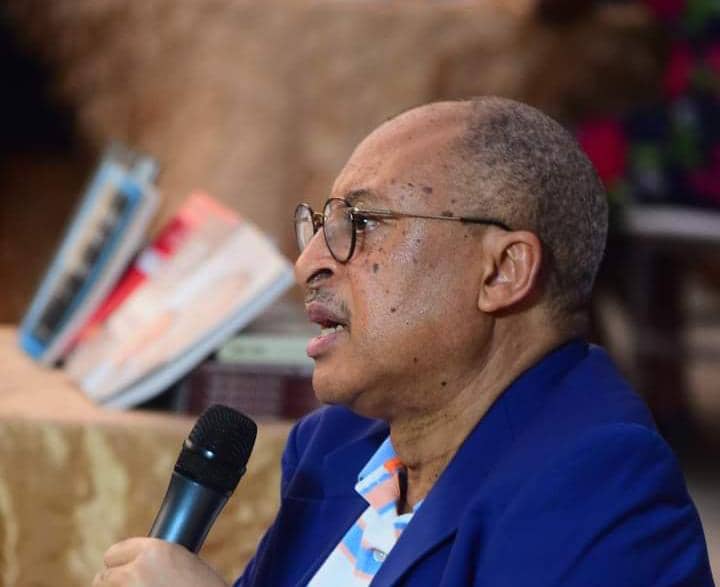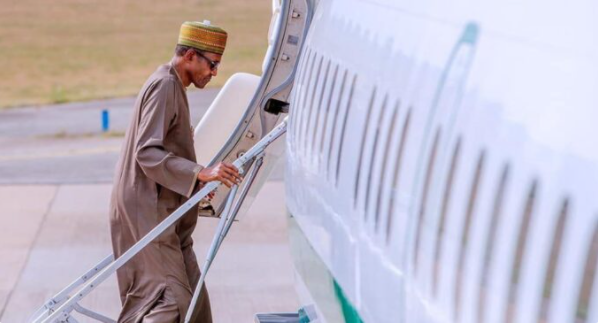Concerns have been raised about the doctor-to-patient ratio in Nigeria, with hospitals said to be understaffed, leaving available personnel overwhelmed.
The shortage of doctors has been majorly associated with their relocation to other countries for better opportunities.
Dare Ishaya, president of the Nigerian Association of Resident Doctors (NARD), told Punch in an interview that six out of 10 doctors plan to leave the country.
Despite these concerns, Osagie Ehanire, minister of health, seems to think the situation is not so grave as he recently said there are enough doctors in Nigeria.
Advertisement
“We have heard complaints of doctors who are now leaving the system but there are actually enough doctors in the system because we are producing up to 2,000 or 3,000 doctors every year in the country, and the number leaving is less than 1,000,” the minister said.
WHAT IS THE DOCTOR-PATIENT RATIO IN NIGERIA?
In a recent interview, Tajudeen Sanusi, registrar, Medical and Dental Council of Nigeria (MDCN), said the doctor-to-patient ratio in Nigeria is currently one to 5000.
Advertisement
“It is about 1 to 4000 and 1 to 5000, which is so bad. This is why quacks are thriving in the country,” Sanusi said.
Uche Ojinmah, president of the Nigerian Medical Association (NMA), seems to agree with Sanusi. He told TheCable that there are not more than 30,000 doctors practising in Nigeria, leaving the doctor-patient ratio at “one to 5000”.
“There are clearly not enough doctors. Our doctor-to-patient ratio is 1 to 5000, while the WHO recommends clearly 1 to 600. So, it is clearly not enough,” Ojinmah said.
However, the World Health Organisation (WHO) says it does not prescribe any ideal ratio. A WHO spokesperson told Africa Check that the organisation does not recommend a doctor-to-patient ratio because there is not a one-size-fits-all solution for every country.
Advertisement
WHY ARE DOCTORS LEAVING NIGERIA?
Looking at the online register of the General Medical Council of the United Kingdom (UK), which is responsible by law for registering UK doctors, one can have a peek of just how large the number of doctors leaving Nigeria is.
According to the register, the number of Nigerian doctors practising in the UK jumped from 7,167 in 2019 to 9,203 in 2021. This shows an increase of 28 per cent within two years. And this is just for the UK alone.
What is the cause of this migration?
Advertisement
The NMA president told TheCable that the first reason is that doctors are poorly paid. According to him, a senior consultant in Nigeria earns about N1 million monthly, while they earn N5 million monthly abroad.
He added that another factor is that medical practitioners have no equipment to work with.
Advertisement
“Also, the security situation is bad. The doctors are being targeted for kidnaps,” Ojinmah said.
There have been several cases of doctors being abducted in recent times. In 2021, the Zamfara chapter of the NMA raised the alarm that armed bandits were targeting and kidnapping doctors for ransom, or so that they can treat some of their injured members.
Advertisement
Ishaya said he is aware of over 20 resident doctors who have been kidnapped in the last one year.
“We also have the issue of assault on our members. Last year alone, we recorded 345 members who were assaulted by patients and patients’ relatives. This harsh working environment is actually pushing people away,” Ishaya told TheCable.
Advertisement
“Advanced equipment to carry out research is not available. If you want to carry out MRI scans in some places, you will have to use a very old MRI that has a poor resolution. If you want to progress, you’ll want to be in an environment where you can conduct such research. That’s why you see that most of our colleagues excel when they go abroad.”
Also speaking with TheCable, Emeka Ugwu, a pediatric cardiologist who left Nigeria to practice in Liverpool, England, said leaving the country in 2018 was not exactly joyful as he had mixed feelings owing to the health burden he observed in Nigeria.
The cardiologist told TheCable that he returned to Nigeria after his training in India with hopes that the government would provide cardiology equipment.
“I had always looked forward to practising in Nigeria. Many were going abroad but I was reluctant to go. I trained abroad and came back to Nigeria,” he said.
“The problem was that it became increasingly difficult for me to perform my duty because the government did not provide all we needed to work. The saddest part is that the countries abroad are taking our very best.”
THE EFFECT ON HEALTH SECTOR
The NARD president said most doctors suffer from burn-out because of understaffing and overworking. He added that the medical workers fall ill easily and are less efficient due to the increased patient load.
“The doctors end up missing things and giving a diagnosis that is not entirely correct,” he said.
“On the side of the patient, the waiting time is increased. Sometimes, it takes three to four hours for them to see the doctor. When the number of doctors manning the emergency department reduces without a reduction of patients coming in, it leads to loss of the patient, since they may have to wait longer to be attended to.”
Ayotunde Fasunla, the Oyo NMA chairman, recently said with the trend of medical doctors leaving the country, there may be a need to hire doctors from foreign countries in the future.
“Many of our hospitals are grossly understaffed. Even the process of replacing migrating staff is bogged down by a rigid and insensitive government bureaucracy,” he said.
But Ojinmah said since the federal government doesn’t pay doctors well in Nigeria, they cannot pay those they import.
“Who will come to replace doctors that are leaving because of poor salary? Even if we need it, we can’t afford it,” he said.
IS NIGERIA REPLACING MIGRATING DOCTORS?
Speaking at a media conference, Ehanire said the ministry is working with the office of the head of the civil service to use the “one-for-one” employment strategy so that if one doctor or nurse resigns to go abroad another one is employed.
“So, if we have one replacement, then you are not likely to have a shortage,” the minister said.
“But that has been worked out because the head of service had the experience that when one person goes, they use the opportunity to take three. We want to use this policy so that we can reduce shortages and have our personnel back in our hospitals.”
The wards are getting empty. As things stand, the questions begging for answers are: When is the federal government going to start massive recruitment to replace the migrating doctors? Will the recruitment process be a continuous exercise or just a one-off thing? Quality and accessible healthcare cannot be guaranteed with just about 30,000 doctors to over 200 million citizens.
Add a comment





